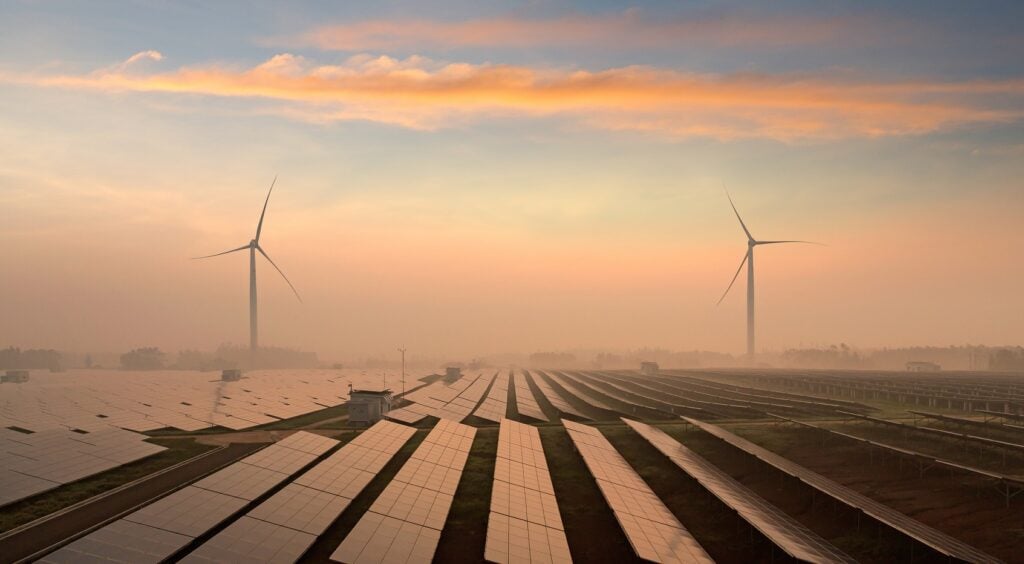The evolution of business models in the renewables sector has served as an “earthquake” for the power sector, forcing utilities to take notice.
That was the conclusion of a panel discussing energy company strategy at yesterday’s BNEF Future of Energy Summit in London, where senior execs of some of Europe’s largest power providers discussed how the transition to cleaner energy sources was transforming their businesses.
Francesco Starace, chief executive and general manager at Italy’s Enel, said there had been an “earthquake” with what had happened to renewables business models over the last five years, remarking that some major oil and gas companies were starting to “get serious about electricity” once again.
His comments could be regarded as a thinly veiled remark about the likes of Shell and BP, who made a series of initial investments in renewables in the early-2000s and have more recently ramped up funding for their respective alternative energy divisions, sending M&A activity in the sector soaring.
Also sat on the panel was Philippe Sauquet, president for gas and power at Total, who described Total’s decision to invest in power generation and consumption as a logical one and a “vertical integration play”.
“We can’t just be trapped in one segment,” he added, pointing towards the company’s most recent acquisition of electric vehicle charging firm G2mobility.
However António Luís Guerra Nunes Mexia, chief executive at Energias de Portugal, warned that utilities could not just jump into the renewables sector expecting to just develop sizeable generation projects and reap the rewards.
Instead utilities will have to bring something new to the table, be it more effective ways of bringing projects to fruition or through alternative business models, with the burgeoning ‘energy as a service’ model spoken particularly highly of.
But Starace was adamant that utilities and the oil and gas sectors entering the renewables scene was crucial for the future, and would send a cascade of benefits throughout the economy.
“What happens when you have progressively higher percentages of renewables at zero marginal cost in the energy mix, two things happen; the energy costs at a wholesale level go down and the energy costs at a wholesale level become less sensitive to commodity variations.
“This makes electricity available for uses that are not today conceived, and therefore you have a penetration of progressively decarbonised electricity into society and the economic activity, and that is the decarbonisation which will get us there [to meet climate targets],” he said.






